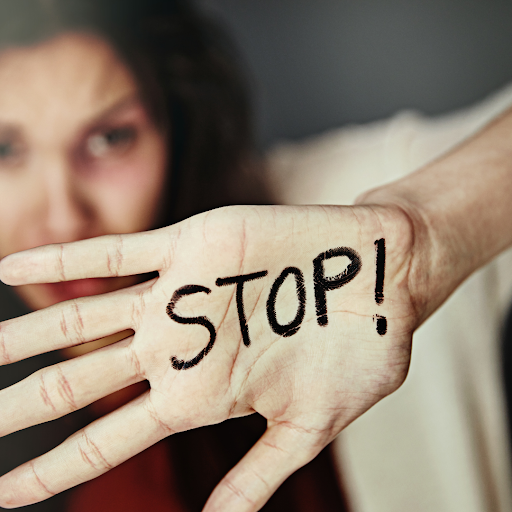Singapore has implemented laws to safeguard victims and ensure that those responsible for domestic abuse are held accountable, recognizing the gravity of this issue. In Singapore, there are several important laws that effectively address domestic abuse. The Penal Code is a crucial legislation that addresses a wide range of offenses and the corresponding penalties they entail. As an illustration, inflicting physical harm on another individual can result in legal consequences under this statute.
Another important legislation to consider is the Protection from Harassment Act, which not only covers physical abuse but also addresses psychological abuse and stalking. This law holds significant importance as it recognizes that abuse extends beyond physical harm, encompassing emotional and psychological damage that can be equally detrimental.
The Women’s Charter also plays a vital role in providing additional protections, especially for women and children. It offers personal protection orders (PPOs) that effectively distance abusers from their victims.
Collectively, these laws establish a thorough safety net for individuals experiencing domestic abuse, guaranteeing accessible legal channels to seek assistance and safeguarding.
Guidelines for Sentencing Domestic Abuse Cases
In domestic abuse cases, Singapore’s courts carefully examine the specific details of each situation when determining the appropriate sentencing. The goal is to ensure that the punishment is commensurate with the offense and that justice is served.
The initial factor that the court takes into account is the extent of the damage. Was the abuse a one-time occurrence, or was it a recurring pattern? Did the harm primarily manifest as physical, or did it encompass emotional and psychological abuse as well?
The court also considers any factors that may worsen the situation. Factors such as the use of a weapon or the vulnerability of the victim, such as being a child or elderly person, can result in a more severe sentence for the abuser. Alternatively, if the abuser demonstrates sincere remorse or takes proactive measures to make amends, the court may consider these actions as mitigating factors.
In the end, the sentencing guidelines strive to strike a balance between punishment and preventing future abuse, ensuring that the legal system effectively safeguards those who are most vulnerable.
Exploring the Importance of Deterrence and Justice in Sentencing
When it comes to sentencing in domestic abuse cases, there are two important factors to consider: deterrence and justice.
Prevention is the key focus of deterrence, aiming to stop any future instances of abuse. Through the implementation of strict sentences, the courts effectively communicate to potential abusers that such behavior will not be tolerated. When individuals fully comprehend the severe legal ramifications associated with domestic abuse, they are far less inclined to partake in such reprehensible behavior. This method establishes a level of professionalism that safeguards potential individuals at risk.
However, when it comes to sentencing, it’s important to consider not only deterrence but also the concept of justice. It is crucial for the perpetrators of domestic abuse to be held accountable, ensuring justice for the victims. It is crucial for the legal system to acknowledge the damage that has been inflicted and take appropriate measures to rectify the situation to the best of its ability. There are various consequences that can be imposed on the abuser, such as imprisonment or requiring them to provide compensation, or a combination of both.
The courts strive to achieve a delicate balance between upholding justice in every case and promoting safety and justice in society.
Providing Assistance and Aid to Those in Need
If you or someone you know is facing domestic abuse, it’s crucial to understand that there is support accessible. Singapore provides a variety of resources to assist victims and help them navigate the legal process.
One of the initial steps involves contacting organizations such as PAVE (Promoting Alternatives to Violence), which offers counseling and support services for victims and their families. They are able to provide valuable guidance and connect you with the necessary resources to enhance your understanding of available options.
If you require immediate protection, you have the option to apply for a Personal Protection Order (PPO) through the Family Justice Courts. This order mandates that the individual responsible for the abuse must maintain a distance and cease all forms of abusive behavior, as per the law. The Women’s Charter also provides options for obtaining financial assistance and housing in case you need to escape from an unsafe situation.
Legal advice services such as the Legal Aid Bureau can provide valuable assistance in navigating the legal system, particularly for individuals who may have concerns about the expenses associated with hiring a lawyer. They provide support tailored to your financial circumstances, guaranteeing equal access to justice for all, regardless of income.
Don’t tackle this on your own—there are individuals and groups available to assist you in beginning your journey towards safety and recovery.




